|
Since that one incident with the bootlickers, the floodgates have been opened and I've relapsed into being as rude to strangers on Facebook as I feel like, which is very. For example, the other day I finally had enough of this jackass: I'm sure the thread has been deleted. If he responded at all, he probably said something really original about me not being Christlike. But one can always hope that I managed to prompt some legitimate introspection about his sad life. But on the plus side, my last two discussion posts for Creative Nonfiction Writing weren't swear-filled rants. So I can be composed and mature sometimes when I feel like it. For one, Jennifer wrote, "I want to begin where the syllabus begins, with these words: What a strange world in which we find ourselves - isolated but connected, ordinary but extraordinary, temporary but permanent. If nothing else, the pandemic has forced us to live in the present moment because we simply cannot say for sure what the future might hold. While we know that art can only be made in the realm of pure presence, the grief that washes under all of our feet makes the creation of art difficult these days. I am often reminded of what Theodor Adorno said: 'There can be no poetry after Auschwitz.' Most artists would disagree - but I think we can all recognize in Adorno’s words that when faced with largescale trauma it is sometimes hard to see the relevance of art. And yet. What else can we do but sing even if the song is one of rage, dislocation or violence? "I am asking everyone to think about whether their ability to create has been altered in the past year and if so how. I am also asking you to think about how, or even if, writing is important in these times - how or if it remains relevant. Should we write directly about the pandemic? At one point is it 'okay' to write about it? Can we write about something that we are living through and have no sense of distance? Or is it best to approach our grief through the side door of research or metaphor or fiction? "And what about the fact that most of us are having trouble even focusing. How do we actually sit down and write?" So I said, See, it's not so much that I have a positive attitude as that I'm acutely aware of global suffering and how entitled Americans are. If it wasn't before, the rest of the world is now also acutely aware of how entitled Americans are. The next discussion was organized by Kelsie and me, and we have to keep an eye on it and respond to posts until Thursday. Kelsie proposed an idea and I proposed some refinements and we settled on: "Think of a work of creative non-fiction (flash, essay, memoir, etc.) that has shaped you as a writer. What did you like about it? What stood out to you that was *different* from most of the genre and challenged the traditional ways of doing it? How do you try to emulate it as a writer?" So I said, Maybe I sound kind of holier-than-thou in both of these posts. I can't help it. I'm just being honest about my perspectives on things. But I think I meant similes, not metaphors, so I've embarrassed myself yet again.
I turned in a little less than half of my essay last week, so as not to force my classmates to critique 28 pages at once. We will workshop it on Thursday. Jennifer didn't mean to make Kelsie and me turn in our essays the same week we were in charge of the discussion, but these things happen sometimes. My essay, by the way, is entitled "Things That Rhyme With 'Elise'", so anyone who knows me very well can guess who and what it's about.
0 Comments
It occurred to me when I started working as a graduate instructor at Utah State University that maybe I should start to be more careful about the things I say online, lest I become cancel culture's latest victim. Speaking of cancel culture, I think Gina Carano is a garbage human and I'm not the slightest bit sympathetic to her, but I do think it's a shame that the future course of "The Mandalorian" will be so determined by real world politics and repercussions. Cara Dune is a cool character. She doesn't necessarily need to be in Season Three, but whether she is or not would ideally be determined by the natural evolution of the story and not by her actress spreading conspiracy theories on Twitter. So for a while I was more careful about the things I say online, but then I kind of forgot about that and just said whatever I want. And because I'm nobody, it never presented an issue until just recently. It was weird for a few reasons. First, because this is the first time anyone has noticed or cared about my job, and suddenly they were all fixated on it. Second, because the parasites in the Salt Lake Tribune comments section tend to be of the liberal variety. I'd expect to be accosted by conservative parasites in the Deseret News comments section, but not here. Third - seriously? I can't emphasize enough how stupid Jared Tyler is to think I'll face any consequences from USU for this comment. It isn't even in the top thirty least flattering things I've written on social media about police officers. In fact, I have a 25-page essay that I plan to share with my Creative Nonfiction Writing class when my turns come, in which a substantial portion is devoted to explaining exactly what I think about police officers in general and Officer Nelson of the Logan Police Department (may he choke on a cactus) in particular. Oh no, I might get in trouble. I'm so worried. Nick Savas is bad at stalking, though. This was the second time in a month or so that someone decided I must live with my parents because... I don't know, I guess the clever insults store they usually shop at ran out of clever insults. I didn't even bother to respond to him at the time, but to whomever it may concern, I moved to the opposite side of the country from my family a couple weeks after my eighteenth birthday, and as of July 11 I will have remained here for a decade. My parents, in the meantime, moved a bit closer, so I can see where someone like Nick Savas would get the misconception that I live in their basement and commute from Indiana to Utah every day, but no, I actually don't.
I get it - conservatives hate universities because they're bastions of liberal groupthink. (But somehow, at the same time, think that a university that's been actively promoting an anti-racism agenda for the last two semesters would punish me for accurately observing that police officers are pathological liars. Derp.) I can sympathize with this view, since I sometimes feel out of place in the English department myself, like an imposter who will be outed as not liberal enough. But their open contempt for education itself, and their wearing of ignorance as a badge of pride, is pretty nauseating. Note that Kevin Heffernan thinks "intellectual" is an insult. How else could they continue to say over and over that COVID-19 is a hoax, climate change is a hoax, evolution is a hoax, vaccines are a hoax, spanking children is harmless, Trump won the last election, and so on? No wonder sociologist Jacob Rugh recently found that educated Latter-day Saints are leaning more Democratic. I'm not a Democrat, but anything that weakens the Republican cult's stranglehold on Utah is fine with me. Utah, of course, has also put its contempt for teachers as people on full display during this pandemic. Utah thinks teachers are cheap, expendable babysitters. I get it, I wouldn't want to have my own kids at home all the time either, and I've never been more grateful to not have any than during the past year. But even that doesn't explain why parents in Utah have made national headlines for throwing literal temper tantrums about their children having to wear masks to school, or why they laugh and boo at teachers at town meetings who express concern for their own safety. As one who doesn't particularly value the opinions of people with fewer IQ points than fingers, and is already accustomed to being mocked and ostracized for other reasons, I'm not offended or angered for my own sake about being on the receiving end of this harassment. But I think of my ex-neighbor, whom I still think the world of despite what she did to me, who's an aspiring teacher, and I think of the probability that these maggots will subject her to this crap as well because she has more brain cells in her pinky finger than they do in their collective skulls, and it pisses me right off. Whatever you do, please don't forward this blog post to anyone at the university. I beg you. This post was inspired by my recent feminist awakening and Craig Harline's presentation "What Happened to My Bell-Bottoms? How Things That Were Never Going to Change Have Sometimes Changed Anyway, And How Studying History Can Help Us Make Sense of It All". The Judeo-Christian God is clearly not big on instigating immediate social change. The Law of Moses was a substantial improvement on the more punitive Code of Hammurabi, but looks absolutely barbaric by today's standards in most countries. In biblical times, slavery was as ubiquitous and crucial to the economy as wheeled vehicles are today, and instead of condemning it altogether, God was just like, "Be nice to your slaves." So Christians defended slavery as a divinely sanctioned institution for hundreds of years but eventually decided it was an obvious unthinkable evil and how could we have ever thought otherwise? When Jesus showed up, He upgraded the Law of Moses and taught principles for self-improvement and eternal life, but disappointed the Jews waiting for a Messiah by declining to do anything about the oppression and atrocities of the Roman government. And then there are the Apostle Paul's comments about women. He clearly assigned women an inferior position to their husbands, but he did tell men to be nice and love their wives. Maybe he was just speaking his own sexist opinions, as many assume, but I'm willing to consider that maybe it was legitimately good, even inspired advice for the time and maybe it improved women's lives - and yet even then, it's inadequate for the twenty-first century and doesn't need to be defended as if it were written yesterday. A Muslim couple came and spoke to a class I was in once. Among other things, they said that when Islam began, it was very progressive for the time on women's rights. The problem, they said, is when adherents stick with that origin and refuse to make any further progress. I like that thought and I think it also applies to The Church of Jesus Christ of Latter-day Saints, which was ironically more feminist in the nineteenth century than the twentieth, perhaps as much because of as in spite of polygamy. I think we do ourselves a disservice when we pretend that the Church's teachings on gender roles have never changed, or feel compelled to defend wrong or at least obsolete attitudes and ideas as the Lord's will. With that in mind, I want to look at a couple of things that have changed and may need to continue to change. I should note that to my knowledge, the majority of Latter-day Saint women, and certainly the majority I've talked to personally about feminist stuff, feel happy with and empowered by their status in the Church, and I'm not trying to say they're wrong to feel that way or convince them not to feel that way. But I do think they deserve more. In the nineteenth century, the Utah territory gave women the right to vote before anywhere else in the United States except Wyoming (until the federal government, in the process of persecuting the Church over polygamy, took it away). Throughout most of the country, men argued that women didn't need to vote because they would just vote the same as their husbands or because they had "moral authority" as a counterpart to men's actual authority. The idea that women don't need the same rights and privileges as men because they're special has, unfortunately, polluted our own rhetoric within the Church whenever someone wonders why they can't be ordained to priesthood offices, but at least we let them vote. And it was much easier for women to obtain a divorce in Utah than the rest of the country. And Brigham Young encouraged them to get jobs outside the home - more on that later. Martha Hughes Cannon took that advice to heart, becoming a physician and later defeating her own husband to become the first female state senator in the United States. She famously said, "A plural wife is not half as much a slave as a single wife. If her husband has four wives, she has three weeks of freedom every single month." Certainly it was still a patriarchal religion and you could point out plenty of misogyny in the nineteenth-century Church as in the nineteenth-century everywhere else, but all things considered I think it did pretty good. The Victorian gender roles associated with it today largely settled in after it abandoned polygamy and tried to prove to everyone else that it subscribed to traditional American values like Victorian gender roles. On Women in Marriage |
"Guys. Chris's blog is the stuff of legends. If you’re ever looking for a good read, check this out!"
- Amelia Whitlock "I don't know how well you know Christopher Randall Nicholson, but... he's trolling. You should read his blog. It's delightful." - David Young About the AuthorC. Randall Nicholson is a white cisgender Christian male, so you can hate him without guilt, but he's also autistic and asexual, so you can't, unless you're an anti-vaxxer, in which case the feeling is mutual. This blog is where he periodically rants about life, the universe, and/or everything. Archives
July 2024
Categories
All
|
- Home
- Blog
-
My Literary Works
- Comics by C. Randall Nicholson >
-
Short Stories by C. Randall Nicholson
>
- Childish Stories
- My Dearest Catherine
- It's Really Cold Out There
- Walter Mitty - The Sixth Daydream
- Jesus is a Liberal
- El Coronel - Epílogo
- A Couple of Very Cynical Parables
- Interview with the Ruler of the World (Me)
- The Star Wars Missionary
- Chelise
- Traumfrau
- All Hands on Deck
- It Ain't Ogre Till It's Ogre
- Black Tom: The Unauthorized Encore
- Brittany and the Bear
- Lunatics: A Space Girls Story
- Adventures in the FDR >
- Poems and Songs by C. Randall Nicholson >
-
Essays by C. Randall Nicholson
>
- Childish Essays by C. Randall Nicholson
- Los Braceros
- The Great Pacific Garbage Patch
- The Witches of "Macbeth"
- Evita
- The Second Amendment to the Constitution: Why it is Important to Our Nation
- USU Honors Program Application Essay
- The Giraffe Deception
- Member Missionary Message
- I'm Just a Little Unwell: Coping with Asperger's Syndrome
- Dating Seminar
- An Open Letter to Critics of The Church of Jesus Christ of Latter-day Saints
- How Can any Intelligent Person Be a Mormon?
- Faith and Doubt in My Life
- Discarding Dated Dinosaur Dogmas: Robert T. Bakker and the Dinosaur Renaissance
- Religion, Science, and Art: Elements of the Gospel of Truth
- Why Latter-day Saints Should Embrace Evolution
- Daoism
- Spiritual Autobiography
- From the East: Hinduism and Islam as Compared to My Western Faith Tradition through Poetry
- In Defense of Pickup Lines
- Ass Burgers
- Chasing Kelsey
- Both of the Things Wrong with Charlotte Temple
- Sir Thomas More's Critiques and Commendations for Catholicism
- The Legend of Christor
- How Eugene England Helped Me Transform My Testimony
- Graduate School Statement of Intent
- "Please Join with Us Now in Common Purpose": A Discourse Analysis
- Legos and Gender
- Things That Rhyme with "Elise"
- I Want to Believe: The Persistence of Alien Folklore
-
Reviews by C. Randall Nicholson
>
- Review of "Howard the Duck"
- Review of "Letter to a Christian Nation"
- Review of the LDS Institute's "Uncommon Hour"
- Review of "Madagascar 3"
- Review of "Dating Doctor David Coleman"
- Review of "David and the Magic Pearl"
- Review of the "Mata Nui Online Game (MNOG)"
- Review of "Evolution and Mormonism"
- Review of "Callahan's Crosstime Saloon" (Game)
- Review of "Modern Romance"
- Review of "Solo: A Star Wars Story"
- Review of "The Legend of Zelda: Ocarina of Time"
- Review of "The Book of Mormon" (Musical)
- Review of Jenson Books
- Review of "Live Not By Lies"
-
Literary Fragments by C. Randall Nicholson
>
- Childish Scraps
- The Adventures of Nichch Bror
- Reaching (for the Stars)
- Boys vs. Girls Book 1: The Conflict >
- Dave is a Square
- Star Wreck
-
The Legend of Aaron LaBarr
>
- 1 Marauders of the Mythical Man Chapter One
- 1 Marauders of the Mythical Man Chapter Two
- 1 Marauders of the Mythical Man Chapter Three (Unfinished)
- 1 Marauders of the Mythical Man Chapter Four (Unfinished)
- 2 Crusaders of the Crystalline Chronostone Chapter One (Unfinished)
- 2 Crusaders of the Crystalline Chronostone Chapter Two (Unfinished)
- 2 Crusaders of the Crystalline Chronostone Chapter Three (Unfinished)
- 2 Crusaders of the Crystalline Chronostone Miscellaneous
- 3 Pursuers of the Priceless Power Chapter Two (Unfinished)
- The War >
- The Space Detective
- Skin Deep
- The Sword of Laban >
- LDS Church History Timeline
- Jennifer and Lance
- Logan YSA 36th Ward 2018 History
- Unsent Correspondence by C. Randall Nicholson
- Correspondence Regarding the Worst Day of My Life So Far
-
Indiana Jones and the Saucer Men from Mars
>
- Indiana Jones and the Saucer Men from Mars - Prologue
- Indiana Jones and the Saucer Men from Mars - Chapter One
- Indiana Jones and the Saucer Men from Mars - Chapter Two
- Indiana Jones and the Saucer Men from Mars - Chapter Three
- Indiana Jones and the Saucer Men from Mars - Chapter Four
- Indiana Jones and the Saucer Men from Mars - Chapter Five
- Indiana Jones and the Saucer Men from Mars - Chapter Six
- Indiana Jones and the Saucer Men from Mars - Chapter Seven
- Indiana Jones and the Saucer Men from Mars - Chapter Eight
- Indiana Jones and the Saucer Men from Mars - Chapter Nine
- Indiana Jones and the Saucer Men from Mars - Chapter Ten
- Indiana Jones and the Saucer Men from Mars - Chapter Eleven
- Indiana Jones and the Saucer Men from Mars - Chapter Twelve
- Indiana Jones and the Saucer Men from Mars - Chapter Thirteen
- Indiana Jones and the Saucer Men from Mars - Epilogue
- Behind the Scenes of "Indiana Jones and the Saucer Men from Mars"
-
Indiana Jones and the Monkey King
>
- Indiana Jones and the Monkey King - Prologue
- Indiana Jones and the Monkey King - Chapter One
- Indiana Jones and the Monkey King - Chapter Two
- Indiana Jones and the Monkey King - Chapter Three
- Indiana Jones and the Monkey King - Chapter Four
- Indiana Jones and the Monkey King - Chapter Five
- Indiana Jones and the Monkey King - Chapter Six
- Indiana Jones and the Monkey King - Chapter Seven
- Indiana Jones and the Monkey King - Chapter Eight
- Indiana Jones and the Monkey King - Chapter Nine
- Indiana Jones and the Monkey King - Chapter Ten
- Indiana Jones and the Monkey King - Chapter Eleven
- Indiana Jones and the Monkey King - Chapter Twelve
- Indiana Jones and the Monkey King - Chapter Thirteen
- Indiana Jones and the Monkey King - Chapter Fourteen
- Indiana Jones and the Monkey King - Epilogue
- Running Logan Canyon
- Crusaders of the Chrono-Crystal >
-
About Me
-
About Mormons
- Why Are Mormons So Hot?
- LDS Temples
-
LDS Scriptures
>
- Growth of the LDS Church
-
LDS Racial History
>
- The Lamanite Curse in the Book of Mormon
- The LDS Church and Native Americans Nineteenth Century
- The LDS Church and Native Americans Twentieth Century
- The LDS Church and Native Americans Twenty-first Century
- Black Latter-day Saints Before June 1978
- Abner Howell, Black Latter-day Saint
- Dr. Lowry Nelson vs. the LDS First Presidency
- Race Problems - As They Affect the Church
- Ezra Taft Benson vs. the Civil Rights Movement
- The LDS Church and Slavery
- The LDS Church and Interracial Marriage
- The LDS Church and Black People: Historical Context (Pre-1830)
- The LDS Church and Black People 1830-1837
- The LDS Church and Black People 1838-1842
- The LDS Church and Black People 1843-1844
- The LDS Church and Black People 1845-1848
- The LDS Church and Black People 1849-1852
- The LDS Church and Black People 1853-1860
- The LDS Church and Black People 1861-1868
- The LDS Church and Black People 1869-1878
- The LDS Church and Black People 1879-1889
- The LDS Church and Black People 1890-1899
- The LDS Church and Black People 1900-1903
- The LDS Church and Black People 1904-1907
- The LDS Church and Black People 1908-1912
- The LDS Church and Black People 1913-1930
- The LDS Church and Black People 1931-1946
- The LDS Church and Black People 1947
- The LDS Church and Black People 1948-1954
- The LDS Church and Black People 1955-1959
- The LDS Church and Black People 1960
- The LDS Church and Black People 1961-1962
- The LDS Church and Black People 1963
- The LDS Church and Black People 1964
- The LDS Church and Black People 1965
- The LDS Church and Black People 1966
- The LDS Church and Black People 1967
- The LDS Church and Black People 1968
- The LDS Church and Black People 1969
- The LDS Church and Black People 1970
- The LDS Church and Black People 1971-1972
- The LDS Church and Black People 1973-1975
- The LDS Church and Black People 1976-1977
- The LDS Church and Black People 1978
- The LDS Church and Black People 1979-1984
- The LDS Church and Black People 1985-1988
- The LDS Church and Black People 1989-1994
- The LDS Church and Black People 1995-1998
- The LDS Church and Black People 1999-2002
- The LDS Church and Black People 2003-2006
- The LDS Church and Black People 2007-2010
- The LDS Church and Black People 2011-2012
- The LDS Church and Black People 2013-2015
- The LDS Church and Black People 2016-2017
- The LDS Church and Black People 2018
- The LDS Church and Black People 2019
- The LDS Church and Black People 2020
- The LDS Church and Black People 2021
- The LDS Church and Black People: Moving Forward
- The Bruce R. McConkie Fan Page
- LDS Culture Pet Peeves
- Why I Wholeheartedly Accept Organic Evolution >
- Are the General Authorities Human?
- A Brief History of LDS Polygamy
- A Brief History of Women in the LDS Church >
- Is the LDS Church Homophobic? >
- The LDS Church and Islam / كنيسة يسوع المسيح والإسلام
- Heavenly Mother
- Mormons in America
- The Tragedy of Kip Eliason
- Is the Book of Mormon a Fraud
- Joseph Smith's Prophecies >
- Mormonism's Infallible Prophets
- A Response to the Address "The Real Meaning of the Atonement"
- Affection in Marriage
- Is There No Help for the Widow's Son?
-
An Address to All Believers in Christ
>
- An Address to All Believers in Christ - Chapter I
- An Address to All Believers in Christ - Chapter II
- An Address to All Believers in Christ - Chapter III
- An Address to All Believers in Christ - Chapter IV
- An Address to All Believers in Christ - Chapter V
- An Address to All Believers in Christ - Chapter VI
- An Address to All Believers in Christ - Chapter VII
- An Address to All Believers in Christ - Chapter VIII
- An Address to All Believers in Christ - Chapter IX
- An Address to All Believers in Christ - Chapter X
- An Address to All Believers in Christ - Chapter XI
- An Address to All Believers in Christ - Chapter XII
-
These Amazing Mormons!
>
- Introduction
- I. Meeting the Mormons
- II. Holy Books
- III. The Capital of Mormondom
- IV. Industrial Adaptation
- V. Church Organization
- VI. The Priesthood
- VII. Relief Society
- VIII. Church Welfare Program
- IX. The Word of Wisdom
- X. Business, Labor, Politics
- XI. Architecture
- XII. Education
- XIII. Their Missionary System
- XIV. Propaganda
- XV. The Family
- XVI. Sunday School
- XVII. Primary
- XVIII. Young People
- XIX. The Temple
- XX. Polygamy
- About the Author
- Anti-Mormonism >
- Why I Left the Church of Jesus Christ of Latter-day Saints
-
Whatever
- The Milo Nicholson Memorial Page
- My Unsolicited Spiel on Abortion
- Anti-Vaxxers Make Me Sick
- In Defense of Pedophiles
- The Kyle Cootware Memorial Page
- My Artistic Creations
- Women >
- How to Make a Movie
- The Progressive Bill of "Rights"
- Back in the USSR
- Why We Should Support the War on Drugs
- Why I Love India
- The Joys of DOSBox
- The Hugh Hefner Memorial Page
- Why Engagement Rings are Stupid
- Creating a Pedagogy of Critical Thinking and Student Agency
- Karzahni
- Contact
- Links
crandallnicholson at gmail dot com
My other websites:
Amazon Author Page
Life, the Universe, and Everything Wiki
Entebbe Alpha & Omega Development Organization Uganda
Everything that can be copyrighted by me is © C. Randall Nicholson (he/him) 2010-2024, and everything that cannot is not. As should be obvious to any reasonable person, this website is not owned by, endorsed by, sponsored by, accepting bribes from, or affiliated in any way with The Church of Jesus Christ of Latter-day Saints, Utah State University, any political parties or candidates, Lucasfilm, Nintendo, the Irish Mafia, or anyone else except me. The inclusion of external sources is not an endorsement of every viewpoint or claim contained therein. Due to government restrictions, this website is not available in Abbudin, Agrabah, Aidnaryk, Aldastan, Aldovia, Aleshar, Algaria, Alphenlicht, Andalasia, Ankh-Morpork, Arcium, Arendelle, Arendia, Arjuna, Armaeth, Artakha, Artidax, Astel, Atan, Attolia, Avalon, Beltrazo, Benlucca, Berzerkistan, Bialya, Blefuscu, Borduria, Borogravia, Brovania, Brynnel, Bulungi, Calatia, Caldonia, Cammoria, Carbombya, Carnolitz, Casbahmopolis, Catan, Cherek, Chima, Chyrellos, Cthol Murgos, Cynesga, Cythera, Daconia, Dacovia, Däfos, Dalasia, Dalsona, Daxia, Deira, Delchin, Deltora, Derka-derkastan, Destral, Dinotopia, Drasnia, Duban, Dubatio, Eddis, Edom, Eire, Elbonia, Elenia, Enchancia, Equatorial Kundu, Equestria, Erewhon, Flatland, Florin, France, Freedonia, Fuh, Gamelon, Ganesia, Gar og Nadrak, Genosha, Genovia, Gilead, Goona, Gorch, Grand Fenwick, Guilder, Gwyliath, Haganistan, Holodrum, Honalee, Hortensia, Hyrule, Hytopia, Illyria, Ishtar, Jedera, Jemal, Jenno, Jiardasia, Jueland, Kadir, Kalynthia, Kamistan, Kantaria, Katakor, Katurrah, Kazhistan, Khairpura-Bhandanna, Khakistan, Khemed, Kibalakaboo, Koholint, Kookatumdee, Koridai, Krakozhia, Kumranistan, Kunami, Kyrat, Kyrzbekistan, Labrynna, Lamorkand, Latveria, Lemmink, Lichtenslava, Lilliput, Lorule, Lotharia, Lubovosk, Maldonia, Maragor, Mata Nui, Matar, Medici, Mesociam, Metru Nui, Mishrak ac Thull, Moldera, Monterria, Muldavia, Nambutu, Narnia, Naruba, Nehwon, North Azbaristan, Nuevo-Rico, Nutopia, Nyissa, Nynrah, Odina, Okoto, Oriana, Oz, Pallia, Panem, Pappyland, Patusan, Pelosia, Penglia, Perivor, Pilchardania, Pincoya, Pingo-Pongo, Poldavia, Poptropica, Pottsylvania, Quelf, Qumar, Qumran, Qurac, Ramat, Rendor, Riva, Ronguay, Ruritania, Samavia, San Lorenzo, San Theodoros, São Madrigal, São Rico, Scatland, Schmuldavia, Sendaria, Shamar, Slafka, Slokovia, Slorenia, Sodor, Sokovia, Sondonesia, Sosaria, Sounis, South Azbaristan, Stelt, Strong Badia, Subrosia, Syldavia, Sylvania, Tamul, Tanol, Tarenta, Tashistan, Tega, Terabithia, Termina, Tetaragua, Thalesia, Thatotherstan, Thulahn, Tolemac, Tolnedra, Tomania, Transia, Trazere, Turaqistan, Turmezistan, Ul'dah, Ulgoland, the United States of Auradon, Utopia, Valesia, Velattiane, Voresbo, Voya Nui, Wadata, Wadiya, Wakanda, Westeros, Wongo, Wrenly, Xanth, Xia, Zakaz, Zamad, Zamunda, Zaraq, Zekistan, or Zenovia. I apologize for the inconvenience.
My other websites:
Amazon Author Page
Life, the Universe, and Everything Wiki
Entebbe Alpha & Omega Development Organization Uganda
Everything that can be copyrighted by me is © C. Randall Nicholson (he/him) 2010-2024, and everything that cannot is not. As should be obvious to any reasonable person, this website is not owned by, endorsed by, sponsored by, accepting bribes from, or affiliated in any way with The Church of Jesus Christ of Latter-day Saints, Utah State University, any political parties or candidates, Lucasfilm, Nintendo, the Irish Mafia, or anyone else except me. The inclusion of external sources is not an endorsement of every viewpoint or claim contained therein. Due to government restrictions, this website is not available in Abbudin, Agrabah, Aidnaryk, Aldastan, Aldovia, Aleshar, Algaria, Alphenlicht, Andalasia, Ankh-Morpork, Arcium, Arendelle, Arendia, Arjuna, Armaeth, Artakha, Artidax, Astel, Atan, Attolia, Avalon, Beltrazo, Benlucca, Berzerkistan, Bialya, Blefuscu, Borduria, Borogravia, Brovania, Brynnel, Bulungi, Calatia, Caldonia, Cammoria, Carbombya, Carnolitz, Casbahmopolis, Catan, Cherek, Chima, Chyrellos, Cthol Murgos, Cynesga, Cythera, Daconia, Dacovia, Däfos, Dalasia, Dalsona, Daxia, Deira, Delchin, Deltora, Derka-derkastan, Destral, Dinotopia, Drasnia, Duban, Dubatio, Eddis, Edom, Eire, Elbonia, Elenia, Enchancia, Equatorial Kundu, Equestria, Erewhon, Flatland, Florin, France, Freedonia, Fuh, Gamelon, Ganesia, Gar og Nadrak, Genosha, Genovia, Gilead, Goona, Gorch, Grand Fenwick, Guilder, Gwyliath, Haganistan, Holodrum, Honalee, Hortensia, Hyrule, Hytopia, Illyria, Ishtar, Jedera, Jemal, Jenno, Jiardasia, Jueland, Kadir, Kalynthia, Kamistan, Kantaria, Katakor, Katurrah, Kazhistan, Khairpura-Bhandanna, Khakistan, Khemed, Kibalakaboo, Koholint, Kookatumdee, Koridai, Krakozhia, Kumranistan, Kunami, Kyrat, Kyrzbekistan, Labrynna, Lamorkand, Latveria, Lemmink, Lichtenslava, Lilliput, Lorule, Lotharia, Lubovosk, Maldonia, Maragor, Mata Nui, Matar, Medici, Mesociam, Metru Nui, Mishrak ac Thull, Moldera, Monterria, Muldavia, Nambutu, Narnia, Naruba, Nehwon, North Azbaristan, Nuevo-Rico, Nutopia, Nyissa, Nynrah, Odina, Okoto, Oriana, Oz, Pallia, Panem, Pappyland, Patusan, Pelosia, Penglia, Perivor, Pilchardania, Pincoya, Pingo-Pongo, Poldavia, Poptropica, Pottsylvania, Quelf, Qumar, Qumran, Qurac, Ramat, Rendor, Riva, Ronguay, Ruritania, Samavia, San Lorenzo, San Theodoros, São Madrigal, São Rico, Scatland, Schmuldavia, Sendaria, Shamar, Slafka, Slokovia, Slorenia, Sodor, Sokovia, Sondonesia, Sosaria, Sounis, South Azbaristan, Stelt, Strong Badia, Subrosia, Syldavia, Sylvania, Tamul, Tanol, Tarenta, Tashistan, Tega, Terabithia, Termina, Tetaragua, Thalesia, Thatotherstan, Thulahn, Tolemac, Tolnedra, Tomania, Transia, Trazere, Turaqistan, Turmezistan, Ul'dah, Ulgoland, the United States of Auradon, Utopia, Valesia, Velattiane, Voresbo, Voya Nui, Wadata, Wadiya, Wakanda, Westeros, Wongo, Wrenly, Xanth, Xia, Zakaz, Zamad, Zamunda, Zaraq, Zekistan, or Zenovia. I apologize for the inconvenience.
Proudly powered by Weebly

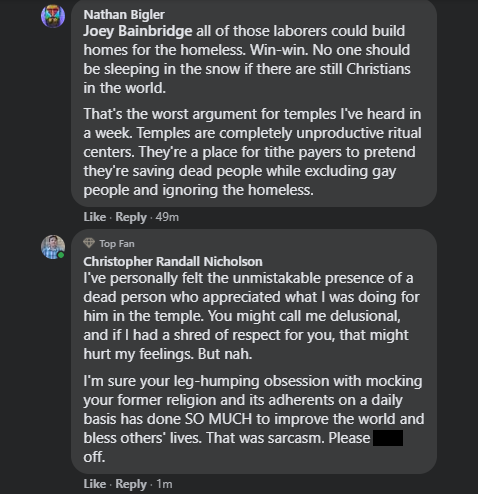
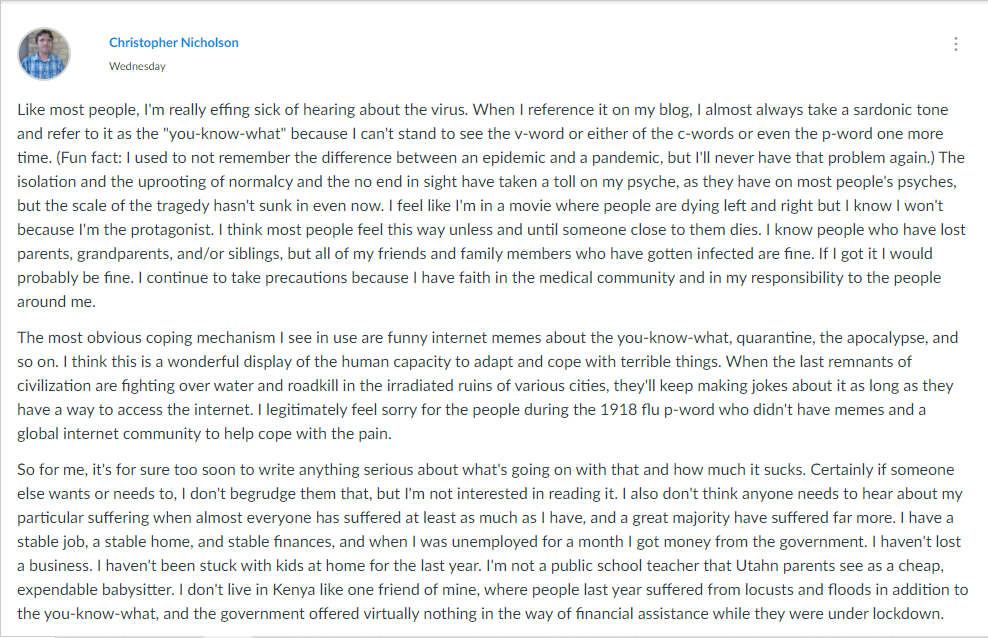

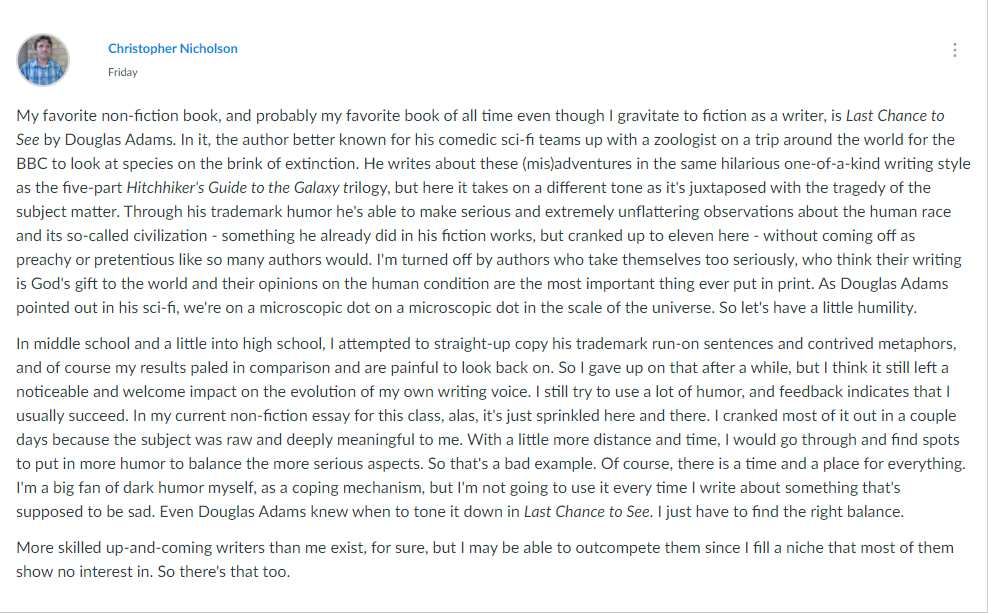
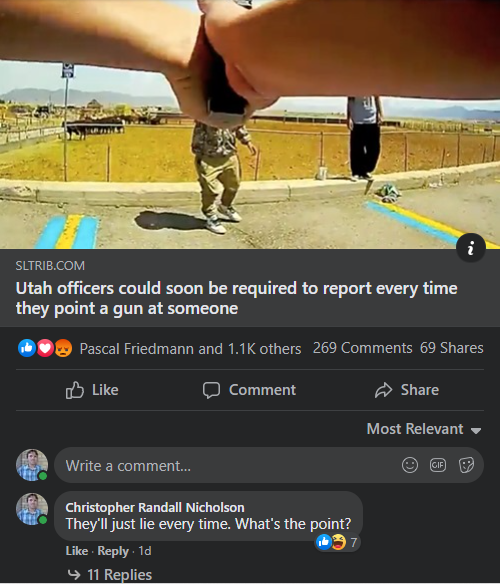
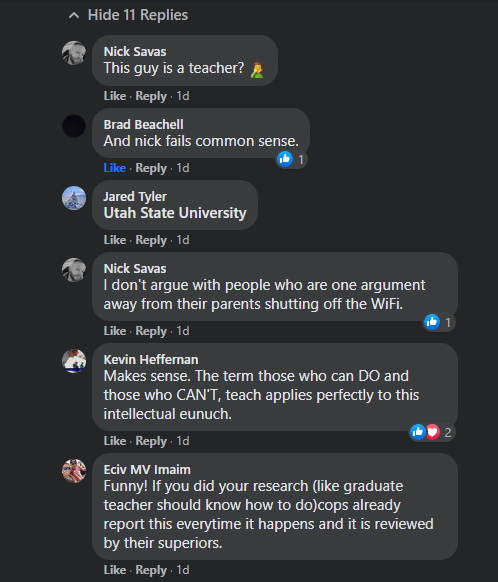
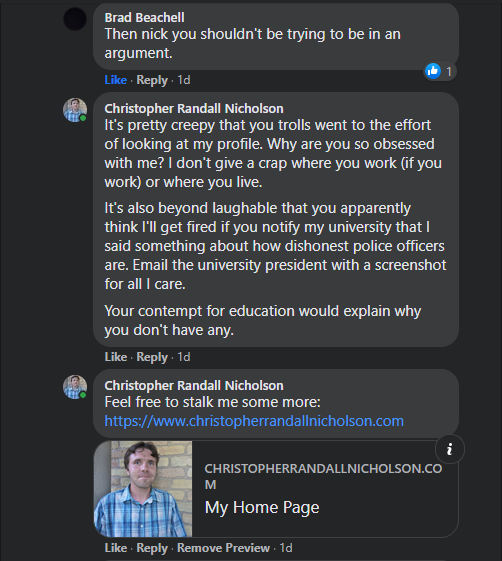

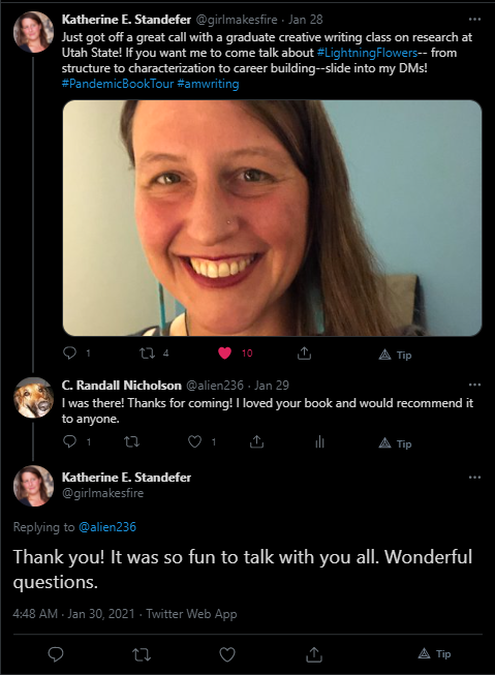
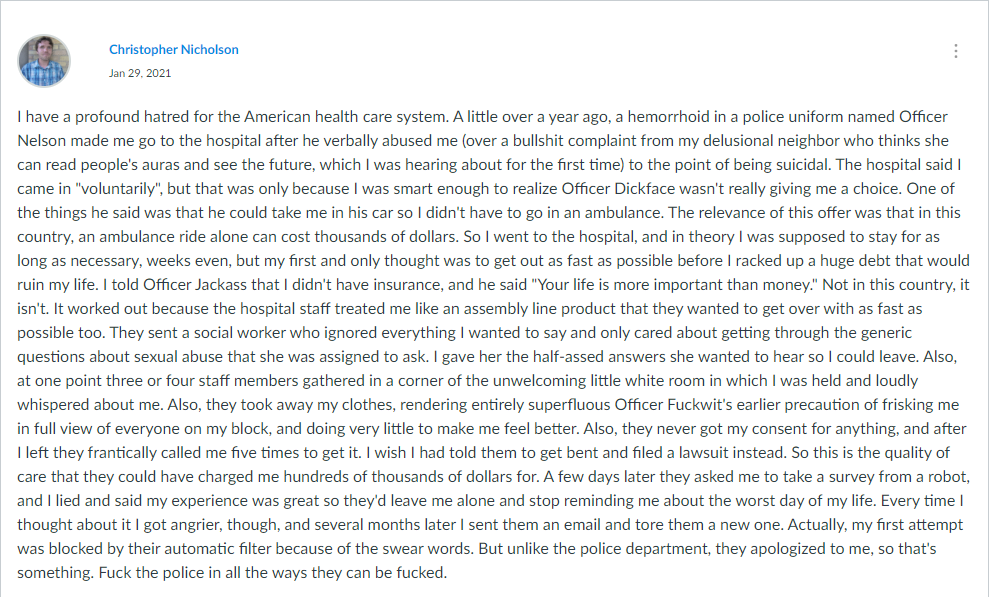
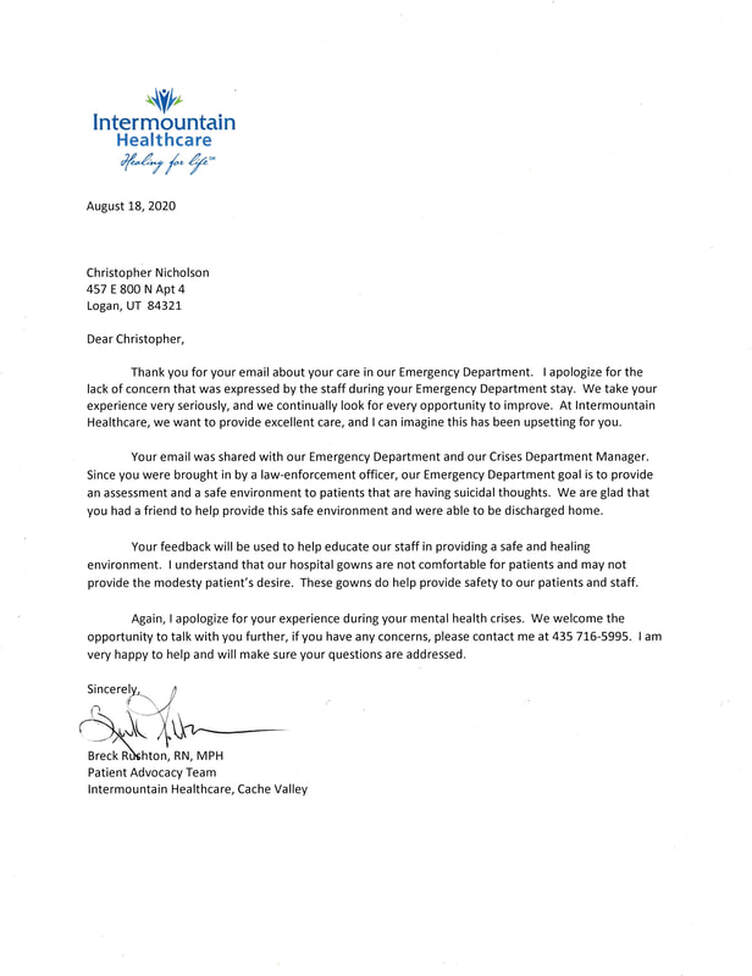
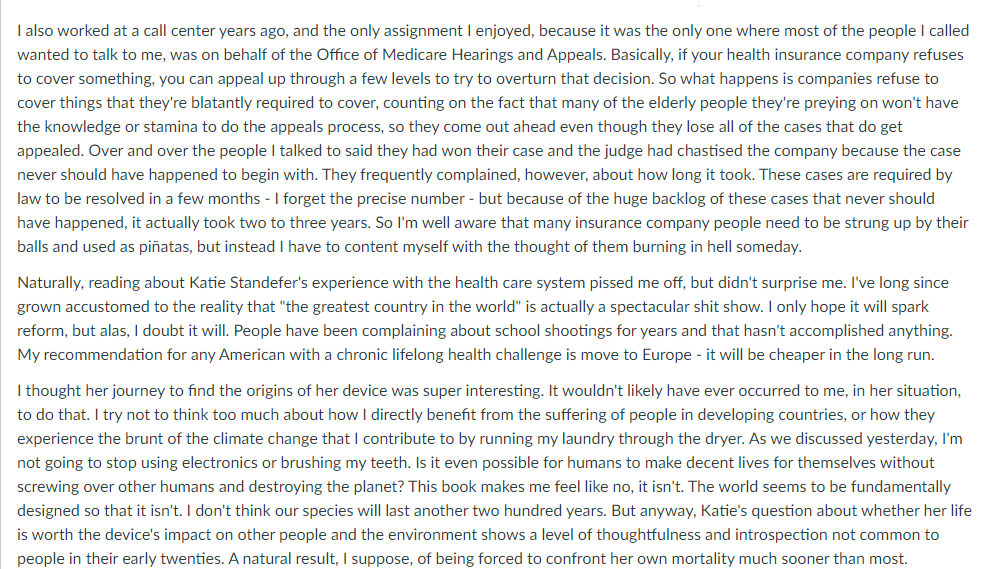









 RSS Feed
RSS Feed
